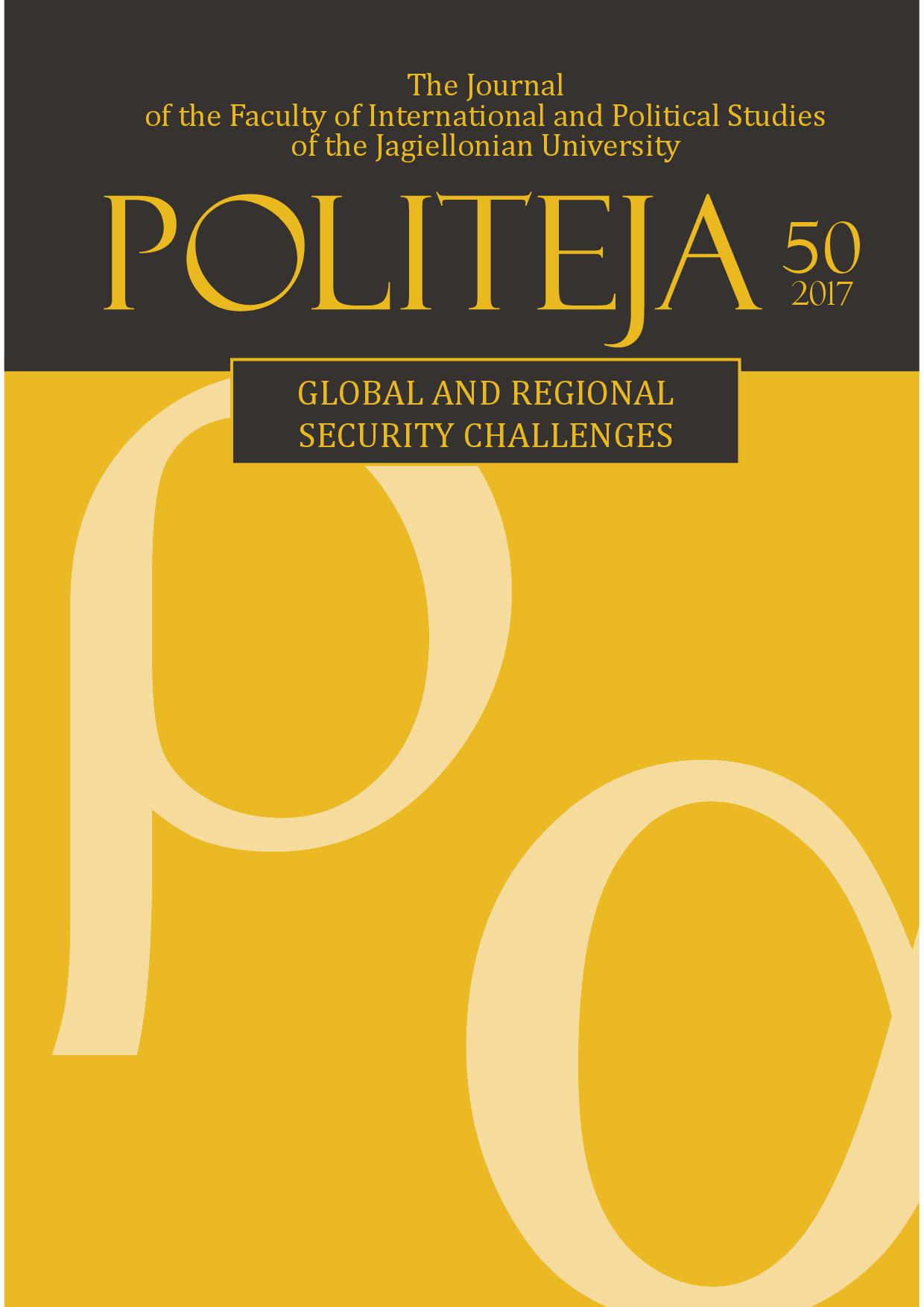European borders in turbulent times: the case of the central Mediterranean ‘extended borderland’
European borders in turbulent times: the case of the central Mediterranean ‘extended borderland’
Author(s): Artur GruszczakSubject(s): Sociology, EU-Approach / EU-Accession / EU-Development
Published by: KSIĘGARNIA AKADEMICKA Sp. z o.o.
Keywords: European Union; migration crisis; borders; extended borderland
Summary/Abstract: This article presents one of the most salient aspects of the migration crisis in the EU, namely the turbulent management of external borders, and analyzing it in the case of the central region of the Mediterranean Sea. The study is focused on risks and threats to the security of the European Union and its member states, particularly Italy, posed by negative aspects of migratory flows and accompanying phenomena such as migrant smuggling, trafficking in human beings, drug smuggling or document frauds. For this purpose, a concept of ‘extended borderland’ is applied as particularly suitable for analyzing border-security policies and actions undertaken by the European Union. The argument developed in this article is that the Central Mediterranean area has been converted into an extended borderland where conventional systems, methods and tools of border management are superseded by spatial taming created by international actors acting through joint maritime operations.
Journal: Politeja - Pismo Wydziału Studiów Międzynarodowych i Politycznych Uniwersytetu Jagiellońskiego
- Issue Year: 14/2017
- Issue No: 50
- Page Range: 23-45
- Page Count: 23
- Language: English

